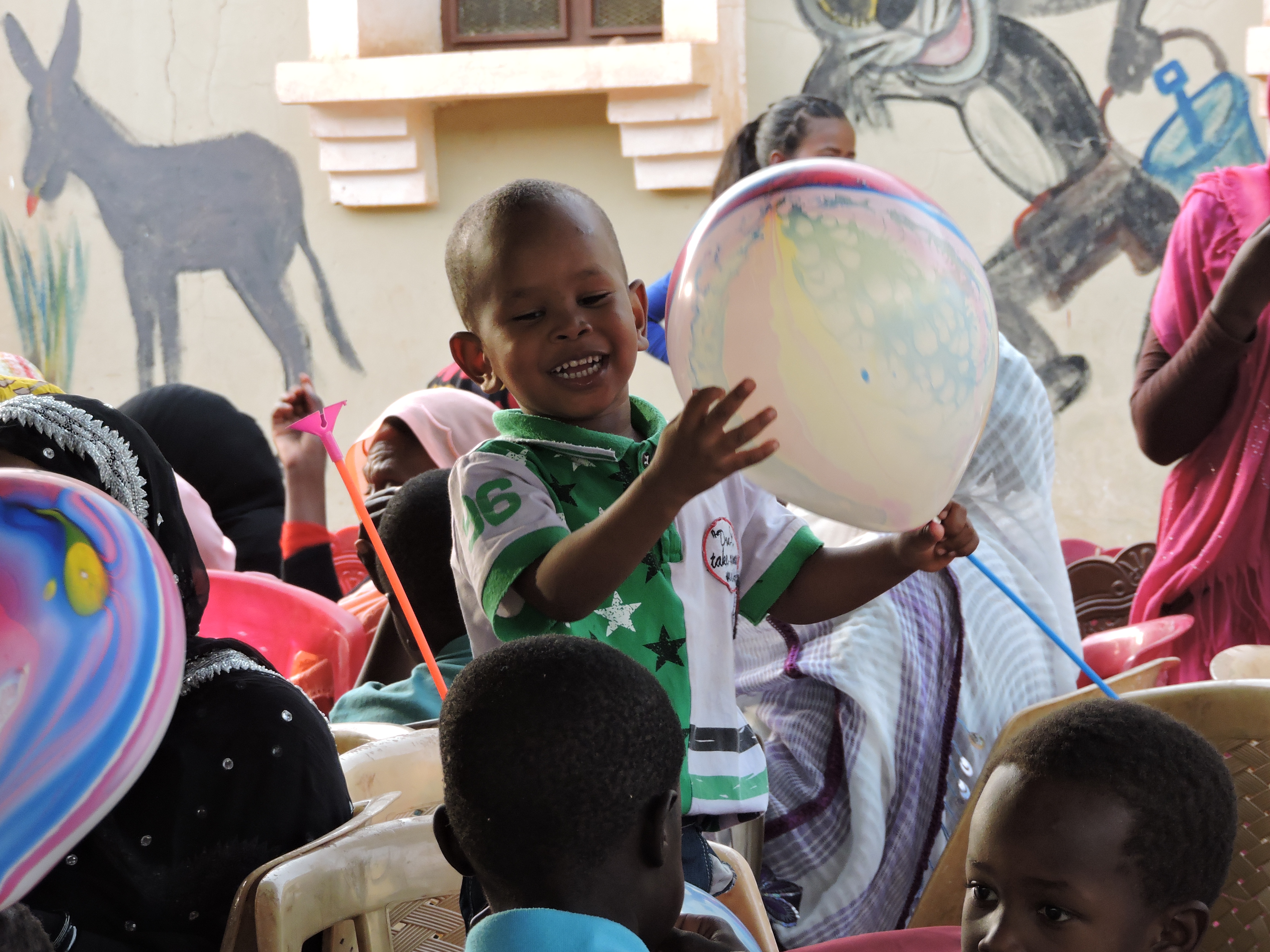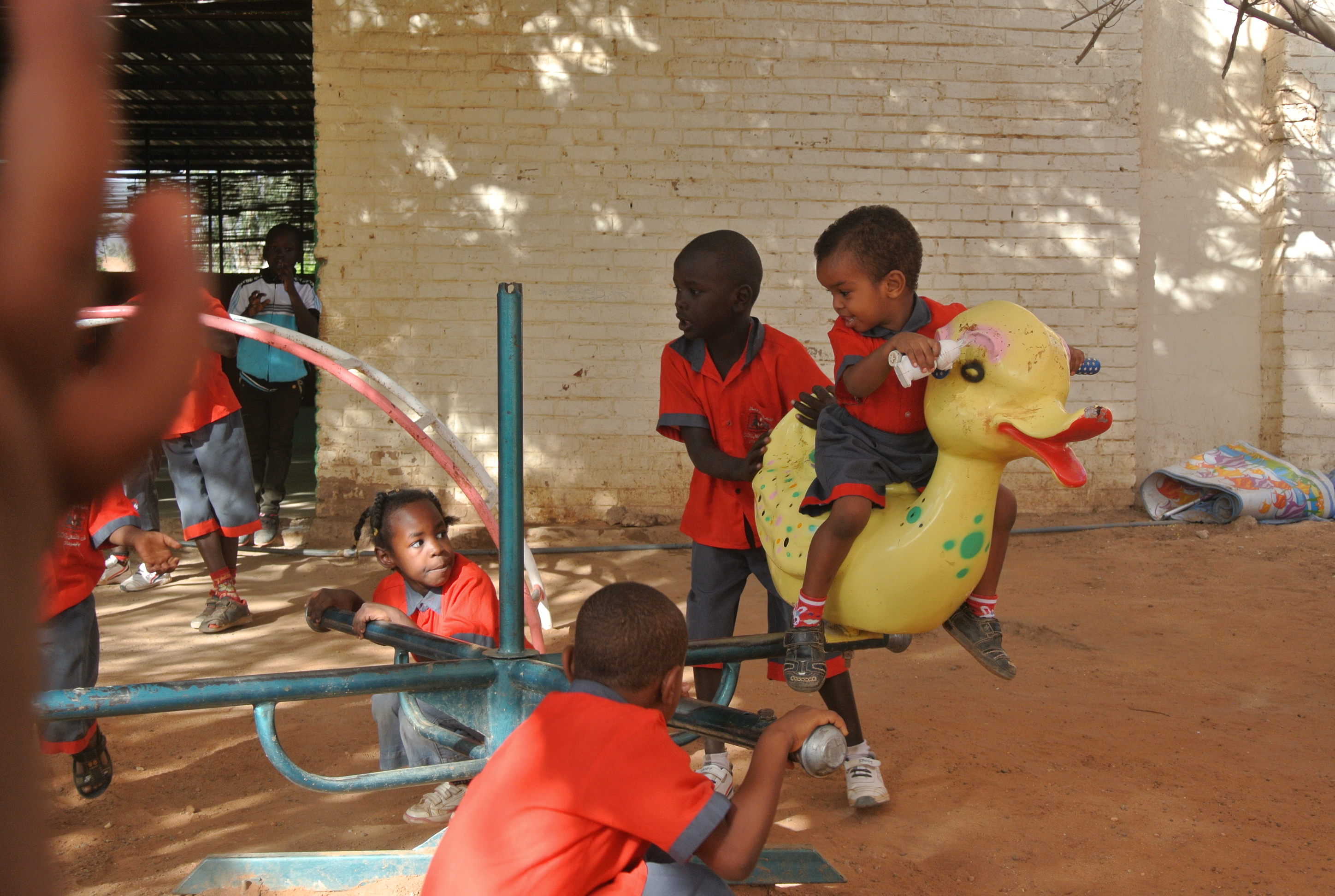The road ahead is full of challenges
.jpg?width=800)
Khartoum is the capital of Sudan and has a population of roughly five million in its metropolitan area. During the decades of civil war, Khartoum saw its share of violence and was under attack by rebel forces on several occasions. Since the signing of the peace deal in 2005, Khartoum has been focusing on developing its industry, which now includes printing, food processing and textiles.
In the last decades, there was a massive influx of refugees and internally displaced people who fled to Khartoum, escaping the violence and the fighting in their home regions. As of 2014, there were still over 2.1 million internally displaced people in Sudan alone, as well as almost 241,000 refugees. This rapid population growth put a lot of strain on Khartoum’s infrastructure, and pockets of abject poverty as well as large informal settlements developed all over the city. Many displaced people are now returning to their homelands, but urban poverty remains a serious worry in the capital.
Illiteracy levels remain high, especially for women. Primary school enrolment is still only at 67 per cent, and only 37 per cent of the urban population attends secondary school. Life in Khartoum remains incredibly tough, but there is hope for the future of building a peaceful and prosperous society.
Emergency relief and long-term sustainable support for the community
SOS Children’s Villages has been working in Sudan for many decades now, and the nature of our work has varied according to the needs of the population. In 1999, for example, heavy rains and floods severely affected various regions of the country, so we implemented an SOS Emergency Relief Programme in Umbada, 20 km west of Khartoum. It included rebuilding family houses, repairing drinking water pipes and renovating the local primary school. In Umbada, many single women with children were living on their own, struggling to make ends meet, while education and training possibilities were practically non-existent.
In late 2004, the on-going conflict in Darfur and its dramatic impact on the situation of child refugees prompted us to start an SOS Emergency Relief Programme in the Abu Shok camp in North Darfur, where more than 80,000 people had been living in disastrous conditions. We established two SOS Family Centres and provided psychological support to families traumatized by the events they had witnessed.
As of 2005, the SOS Social Centres in Khartoum and Umbada provide a family strengthening programme to the local communities. Its aim is to identify struggling families and offer them the necessary support so that they can stay together and take good care of their children. We ensure that children have access to essential education, nutritional and health services. We provide counselling and psychological support to children and parents. We also assist parents by giving them guidance on income-generating skills and parenting practices. We work closely with local organisations so that as many families as possible can be reached and supported.
What we do in Khartoum
.jpg?width=800)
SOS Children's Villages began its work in Khartoum in 1978. For children from the region who are no longer able to live with their parents, 15 SOS families can provide a loving home for up to 140 children. In each family, they live with their brothers and sisters and are affectionately cared for by their SOS mother. The children attend the SOS Kindergarten together with children from the neighbourhood and are therefore integrated into the local community from a young age.
Until 2014 we ran primary schools in the country; these are now run by the Sudanese authorities
When young people from the children’s village are ready to move out of the family home in order to study, receive training or work, the SOS Youth Programme provides shared accommodation. With the support of qualified counsellors, the young adults learn to take responsibility, plan their future and prepare for independent living.